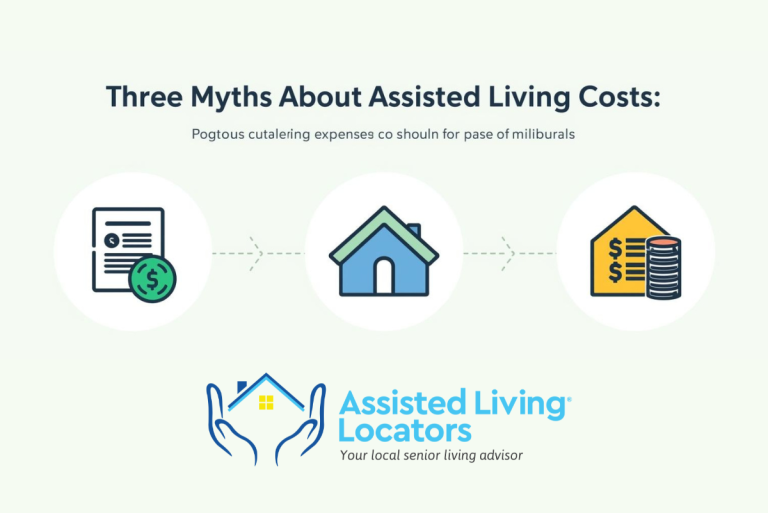Ensuring seniors adhere to their medication schedules is vital for their health, yet it poses significant challenges for caregivers. From managing complex regimens to addressing memory issues and financial constraints, the responsibilities can feel overwhelming. This blog aims to provide practical strategies and insights to help caregivers support their elderly loved ones in effectively following their medication plans. By sharing experiences, professional advice, and actionable tips, we aim to empower caregivers in navigating these challenges and improving the overall well-being of those they care for.
Understanding the Challenges of Medication Adherence for Seniors
Ensuring seniors adhere to their medication schedules is crucial for maintaining their health, yet several challenges can hinder consistent adherence. These challenges include:
- Forgetfulness: Seniors often struggle with memory lapses, which can result in forgetting to take medications at the designated times. This challenge is compounded by the sheer number of medications many seniors are prescribed, each with its own dosing schedule. Caregivers may need to implement strategies such as medication reminders, pill organizers, or setting alarms to help seniors stay on track with their medications.
- Complex Regimens: Managing multiple medications with different dosing times and instructions can be overwhelming for seniors. The complexity of these regimens increases the likelihood of errors or missed doses. Caregivers play a crucial role in organizing medications, ensuring clarity in instructions, and communicating effectively with healthcare providers to simplify regimens wherever possible.
- Side Effects: Many medications can cause unpleasant side effects, ranging from mild discomfort to more severe symptoms. Seniors may be reluctant to continue taking medications if they experience adverse effects. Caregivers need to monitor for side effects, advocate for adjustments or alternatives with healthcare providers, and provide support to help seniors manage and cope with any adverse reactions.
- Financial Constraints: Limited income or lack of adequate insurance coverage can pose significant barriers to medication adherence for seniors. Costly medications may be skipped or rationed out of necessity, potentially compromising treatment effectiveness. Caregivers can assist by exploring cost-saving options such as generic alternatives, patient assistance programs, or Medicare Part D subsidies to ensure medications remain accessible.
- Physical Limitations: Mobility issues or physical impairments, such as difficulty swallowing pills or handling small medication containers, can hinder seniors' ability to self-administer medications safely and effectively. Caregivers may need to assist with medication administration or seek adaptive devices that facilitate independent medication management.
- Cognitive Decline: Conditions like dementia or cognitive impairment can impact seniors' ability to understand the importance of medications or follow complex dosing instructions. Memory loss and confusion may contribute to inconsistent medication adherence. Caregivers should provide clear, simplified instructions, employ memory aids, and coordinate closely with healthcare providers to adjust medication plans as cognitive abilities change.
- Lack of Social Support: Seniors who lack regular interaction or assistance from caregivers, family members, or friends may face challenges in adhering to their medication schedules. Social isolation can contribute to forgetfulness, missed appointments, and overall disengagement from healthcare routines. Caregivers can mitigate this by providing emotional support, facilitating social connections, and ensuring consistent communication regarding medication management.
- Fear of Dependency: Some seniors may resist taking medications regularly due to concerns about becoming overly dependent on them or losing their sense of independence. This fear can lead to deliberate non-adherence or reluctance to accept prescribed treatments. Caregivers should address these concerns empathetically, emphasizing the importance of medications in maintaining health and quality of life, while also promoting autonomy and self-care strategies.
Essential Strategies for Improving Medication Adherence
Ensuring elderly loved ones adhere to their medication schedules is crucial for their health and well-being. Here are essential strategies to enhance medication adherence:
Simplifying the Medication Regimen
Collaborating with healthcare providers to simplify the medication regimen can significantly improve adherence. This includes reviewing medications regularly to eliminate duplicates or unnecessary prescriptions. Simplification also involves consolidating doses and coordinating medications that can be taken together, reducing the complexity seniors face in managing multiple medications.
Using Technology and Tools
Introducing technological aids such as pill organizers, automatic dispensers, and medication reminder apps can streamline medication management. Pill organizers help organize medications by day and time, ensuring doses are not missed. Automatic dispensers dispense medications at scheduled times, providing an added layer of assistance. Medication reminder apps send alerts to both caregivers and seniors, prompting them to take medications on time and track adherence.
Creating a Routine
Establishing a consistent daily routine that incorporates medication times can foster better adherence. Caregivers can help by setting specific times for medications and integrating them into existing daily activities, such as meals or bedtime routines. Consistency and predictability in medication administration can reinforce the habit and reduce the likelihood of missed doses.
Addressing the Emotional and Psychological Aspects
Understanding seniors' emotional responses to medication dependence is crucial for caregivers. Many seniors, estimates range from 30% to 50% according to a 2020 study by the National Center for Biotechnology Information, may feel conflicted about relying on medications, fearing a loss of independence. Seventy percent of seniors in a 2018 survey by the American Psychological Association reported feeling this way.
Caregivers should create a supportive environment for open communication, allowing seniors to express their concerns freely. Providing emotional support involves emphasizing the benefits of medications while respecting seniors' autonomy in decision-making. Strategies like empathetic listening, reassurance, and exploring alternative therapies can help mitigate resistance and foster cooperation in managing medication routines. By addressing these emotional and psychological aspects sensitively, caregivers can enhance seniors' well-being and promote effective healthcare management.
Financial and Logistical Support
Managing the financial aspects of medications is crucial for caregivers supporting elderly loved ones. This includes navigating cost-saving options like generic alternatives, discounts, and prescription assistance programs. Caregivers should also work with healthcare providers to optimize medication regimens for affordability without compromising effectiveness, while staying informed about insurance coverage and deductible limits. Logistical management involves establishing a reliable system for medication refills, tracking expiration dates, and utilizing services like automatic refills or home delivery to ensure a steady medication supply. By addressing these financial and logistical challenges proactively, caregivers can reduce stress and ensure consistent access to medications, supporting their loved ones' health effectively.
In conclusion, medication adherence poses significant challenges for caregivers striving to support their elderly loved ones effectively. From managing complex medication regimens to addressing emotional, financial, and logistical hurdles, the responsibilities can feel overwhelming. This blog has aimed to provide caregivers with practical strategies and insights to navigate these challenges successfully. By emphasizing understanding, support, and proactive management, caregivers can empower seniors to adhere to their medication plans more effectively, thereby promoting better health outcomes and enhancing overall quality of life.





